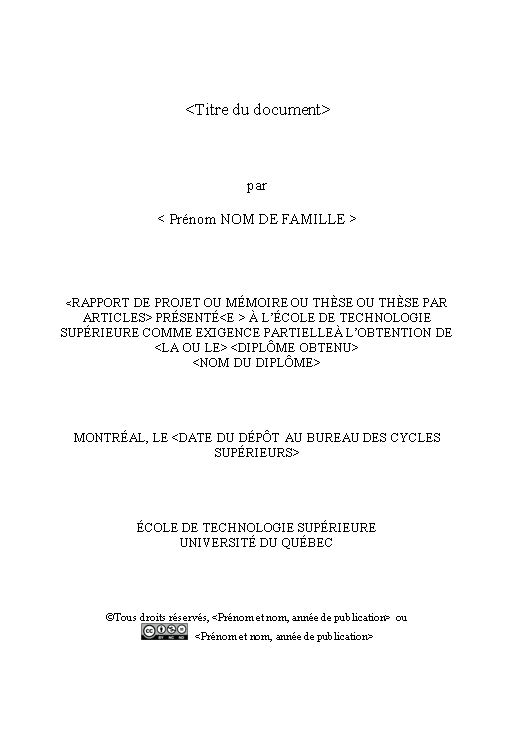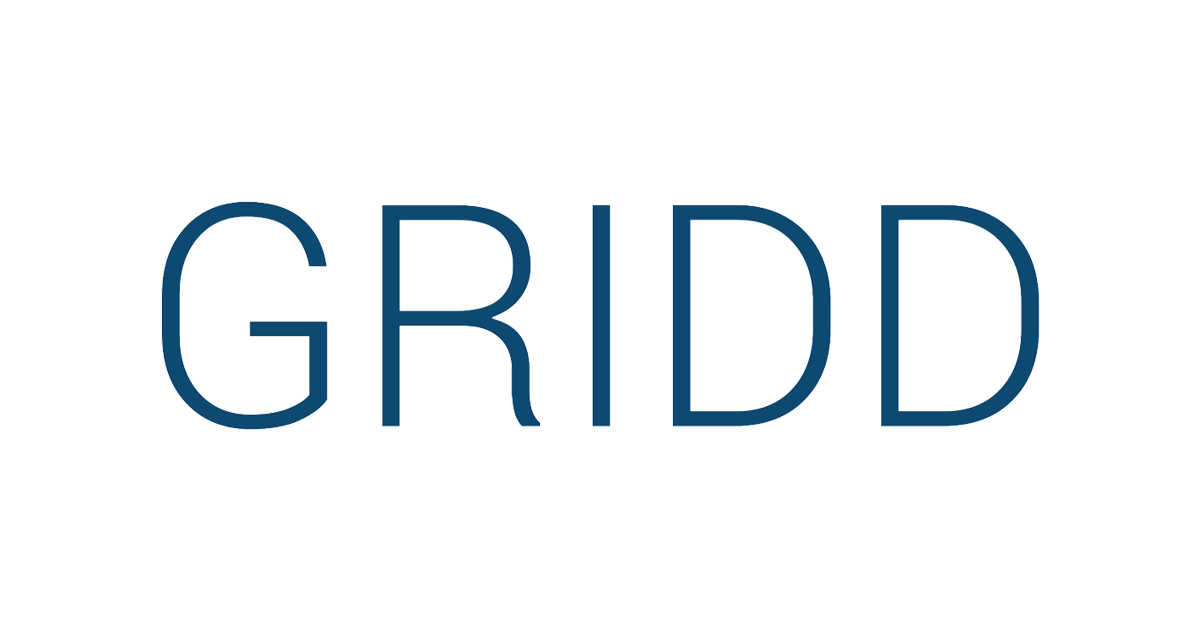Data quality assessment of BIM models for facility management
Abstract
The thesis discusses the limited implementation of Building Information Modeling (BIM) in the operation and maintenance phase of facilities, despite its potential benefits. The main reasons are the lack of expertise on the part of owners and operators to effectively use and update as-built BIM models, and the absence of industry standards to guarantee ease of use, interoperability and maintainability. The research aims to fill this gap by mapping as-built models to operation and maintenance requirements, creating a checklist of essential information in BIM models and developing tools to automate this process. A quality framework combining assurance and control is introduced to ensure that models are fit for purpose. The research also describes a quality management process during model development and delivery. Real construction projects were used to validate the effectiveness of the tools and procedures.
Project results
Project contributions
Publications
Publications from this project are available below:
Research team
The project team :
Team
The project team
Thesis
Final project publication :
Partners
This project was supported by :
Similar research
Explore our research in more depth by exploring these related studies and resources:



